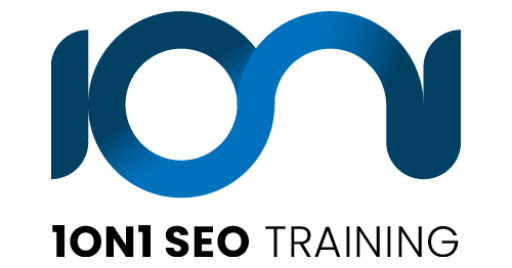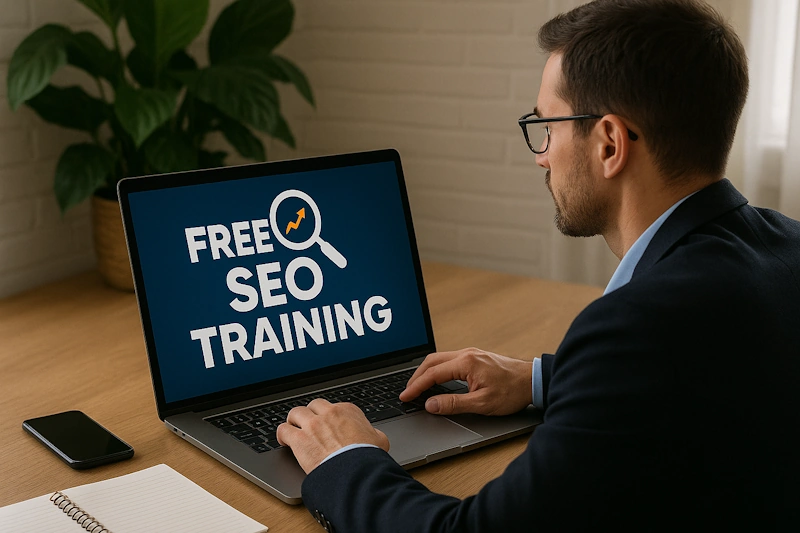As an SEO coach and SEO practitioner with 17 years of experience, I can’t confidently say that SEO’s boogeymen have been laid to rest, despite the even wider availability of information on how SEO is done.
I ran my digital marketing agency for a decade before moving on to working as a consultant and an educator, running two different businesses (again), but I’m enjoying the process. Nowadays I now have more time to conduct as many SEO experiments as I want, on top of running campaigns and monitoring data (as usual).
I wouldn’t call it a downside, but yes, many SEO myths and bad practices still prevail, the latter resulting from desperate businesses and shady people who take advantage of the demand for ‘fast SEO.’ Some businesses are still peddling SEO as an overnight remedy for non-visibility and bad rankings. There’s also a lot of content from legit agencies and professionals who don’t share the correct information. It’s good to be writing for SEO Second Opinion as I wanted to talk about some things people must relinquish to get anywhere with SEO.
For simplicity, let’s call these things the boogeymen of SEO.
You Can Publish Thin Content and Get Away with It
The heyday of article marketing in the 2000s spawned an entire industry that produced bad, thin content.
As per Google’s guidelines on quality content, thin, rehashed, and otherwise irrelevant content will not get you anywhere. Unfortunately, the shift to customer-centric use of the search engine killed numerous websites globally.
The culling was a natural result of Google increasing its selectiveness based on what websites were publishing. If a website publishes new content once a year or less, that’s going to land any website in trouble. No relevant website will be caught dead with just one content update yearly.
It sounds unbelievable, but I have seen SEO agency websites who last posted an update two years ago (during the COVID-19 lockdown) and decided that they didn’t need to publish content on their websites anymore. SEO agencies that relied primarily on PPC campaigns don’t sound right to me, and it shouldn’t sound right to anybody.
You Can Do “Just SEO”
Clients should be wary of SEO agencies and practitioners who promise the moon but provide no clear marketing plan or even a general marketing direction that will go with the SEO campaign. SEO is a type of marketing. It is a type of inbound marketing. Therefore, SEO experts work with copywriters and marketing teams. SEO will only have ‘content’ if a marketing plan complements it. So if a client wants to engage in an SEO campaign, the client should ask the following questions:
- How do we reach our target audience?
- What kind of content do we need?
- Who will help us produce the content for on-page and off-page use?
- What is our timeframe for reaching milestones?
- Do I get a monthly SEO report?
These are the basics that I know many good SEO practitioners in the field already provide their clients. But if you’re a client and you do not receive any reports from your so-called SEO expert, but they bill you regularly, there’s something wrong. This SEO boogeyman will cost you a ton of cash in the long term with no clear indicators if any work is indeed being done.
SEO Experiments are Dangerous
My first book on SEO talked about how I started with search engine optimization. My curiosity began with understanding how computers worked, and eventually, I was a network administrator for a company that delivered trade show displays. I also became their SEO consultant, and they did pretty well during my stay in the company.
I saw the birth of the internet in America and the first wave of technologies that allowed commercial firms to connect to the web for enhanced productivity, communication, and of course, getting more business from being online.
Back in the day, you had no choice. There were no exhaustive resources online that talked about SEO. There were not many books that discussed it. So I studied how it worked, and I experimented a lot. Fast forward seventeen years later, and I am still conducting hundreds of SEO experiments as I work with my students at 1ON1 SEO Training and my clients at Bruce Jones SEO Consultant.
So when I come across business owners and professionals who are deathly afraid of SEO experiments, I always tell them there couldn’t be anything worse than not having traffic and zero sales or leads. Think about it: if your website isn’t getting any traction, most SEO experiments might do your website some good.
Now, I know that the web has a dark side. There are many more black hat SEO companies out there promising instant results. However, I will never recommend these to anyone, least of all my clients. Black hat SEO methods will only waste your money and your time.
And even Google’s been telling everyone that ‘negative SEO’ is a myth. However, John Mueller mentioned in his Twitter account that they had had a long run with people trying to take down other websites with crazy backlink schemes. I remember briefly what John had to say about negative SEO and those nasty backlinks:
“Disavow [the links] and move on with your life.”
Google’s engineers have clarified that they are not to be trifled with. They don’t care how big the SEO team is; if you’re doing something so crappy as negative SEO, they have the power to ignore what you’re doing for your clients simply. As I said, these methods will waste your time and money, and like other SEO boogeymen, it’s time to put them to rest.
Bruce Jones is the owner, chief SEO strategist at Bruce Jones SEO Consultant, and the SEO mentor at 1ON1 SEO Training. 1ON1 SEO Training is a subscription-based, monthly SEO coaching service for business owners, SEO professionals, and marketing teams.




